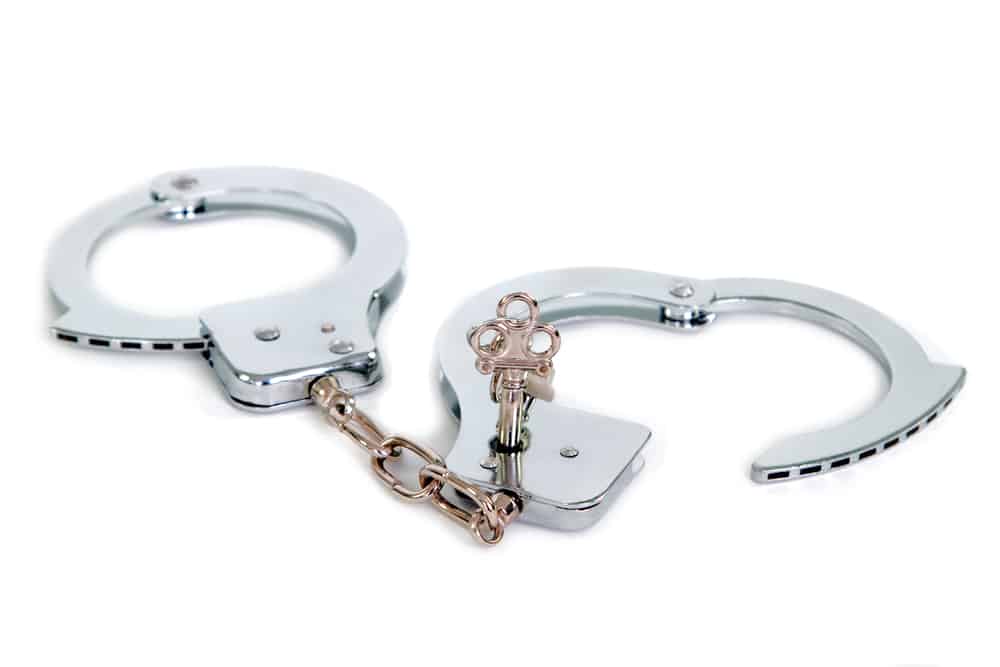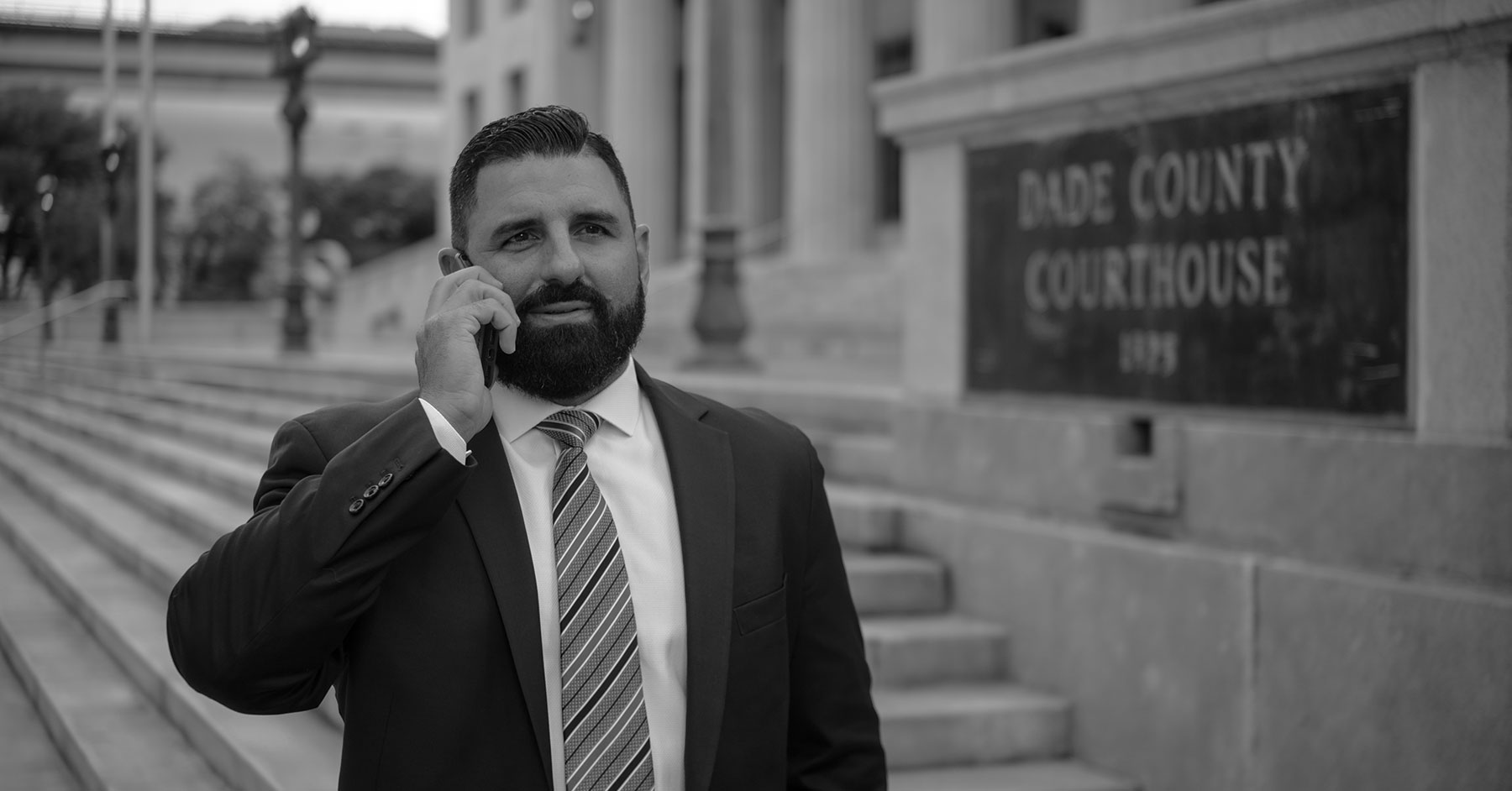Lying to Law Enforcement Charges in Florida

In Florida, giving false information about a crime or during an investigation is illegal. According to Florida Statute 837.055, it’s prohibited to report a fake crime or provide false details to law enforcement, while section 837.05 deals with lying to law enforcement once an investigation has begun.
It’s important to understand the difference between lying and being mistaken. Here’s what you need to know:
- Lying to Law Enforcement: It is a crime to knowingly provide false information to law enforcement.
- Being Mistaken: It is not a crime to be mistaken. Stressful situations can cause people to misremember, misspeak, or incorrectly observe events.
Common scenarios where innocent people can get into trouble with law enforcement can include:
- Incorrectly remembering facts
- Misspeaking facts
- Misobserving events
- Filling information gaps with incorrect details
What must be proven regarding giving false information to police in Florida?
To prove the offense of giving false information, the prosecution must establish these five elements beyond a reasonable doubt:
- The accused knowingly provided information about an alleged crime.
- The accused knew the information was false.
- The accused gave the false information to a person.
- The person receiving the information was a law enforcement officer.
- The accused knew the person was a law enforcement officer.
Understanding these nuances can help you navigate interactions with law enforcement and avoid unintentional legal issues. If you have been accused of lying to law enforcement, the Law Office of Nayib Hassan is available to defend your right and secure your freedom.
What are the penalties for lying to law enforcement in Florida?
In Florida, penalties for lying to law enforcement under Section 837.05 vary based on prior convictions and the nature of the false information. Here’s a breakdown of potential penalties:
- First Offense (Information Concerning Non-capital Felony): If the false information does not pertain to a capital felony, it is classified as a first-degree misdemeanor. Penalties can include:
- Up to 1 year in jail
- 12 months of probation
- A fine of up to $1,000
- Second Offense: A second offense for giving false information is considered a third-degree felony, carrying severe penalties such as:
- Up to 5 years in prison
- 5 years of probation
- A fine of up to $5,000
- False Information Concerning a Capital Felony: Providing false information about a capital felony is also a third-degree felony. The penalties for this offense include:
- Up to 5 years in prison
- 5 years of probation
- A fine of up to $5,000
Understanding these penalties highlights the seriousness of providing false information to law enforcement in Florida. Always ensure that any information provided during an investigation is accurate to avoid these severe consequences.
What are the penalties for reporting a false crime in Florida?
Reporting a false crime in Florida is a serious offense. It is classified as a first-degree misdemeanor, punishable by up to 365 days in jail and a $1,000 fine. For a second offense, or if evidence like audio or video recordings exists, it escalates to a third-degree felony, carrying penalties of up to 5 years in prison and a $5,000 fine. False reports concerning a capital felony also result in third-degree felony charges with the same penalties.
What is the penalty for lying once an investigation has begun?
Section 837.05 of Florida law addresses lying to law enforcement once an investigation has commenced. This offense, akin to falsely reporting a crime, is a first-degree misdemeanor. Penalties include up to 365 days in jail and a $1,000 fine. In cases involving missing children under 16 with significant harm or death, the crime escalates to a third-degree felony, punishable by up to 5 years in prison and a $5,000 fine.
Possible Defenses Against Lying to Law Enforcement Charges
Information Not Provably False
One of the primary defenses against charges of Giving False Information Concerning a Crime in Florida hinges on whether the information provided can be proven false beyond a reasonable doubt. This becomes particularly challenging when the underlying facts of the incident are ambiguous or disputed. For instance, in cases involving differing accounts of events, such as altercations or disputes, establishing the falsity of the information can be complex.
Lack of Provable Knowledge of Falsity
Another critical defense involves demonstrating that the accused lacked knowledge of the falsity of the information provided to law enforcement. The prosecution must prove that the accused knowingly provided false information. However, if the accused genuinely believed the information was true or had reasonable grounds to believe it was reliable, proving knowledge of falsity becomes problematic. Even if the accused’s statement was careless or mistaken, it does not necessarily indicate knowledge of falsity.
Contact Nayib Hassan Today
Given the complexities involved in defending against charges of lying to law enforcement, it is imperative for individuals facing such allegations to seek the guidance of an experienced criminal defense attorney.
A knowledgeable attorney can thoroughly assess the circumstances of the case, identify applicable defenses, and advocate effectively on behalf of the accused. If you are in the Miami area, contact the Law Office of Nayib Hassan directly online or by phone at (305) 403-7323 for a free initial consultation with a skilled criminal defense lawyer.

